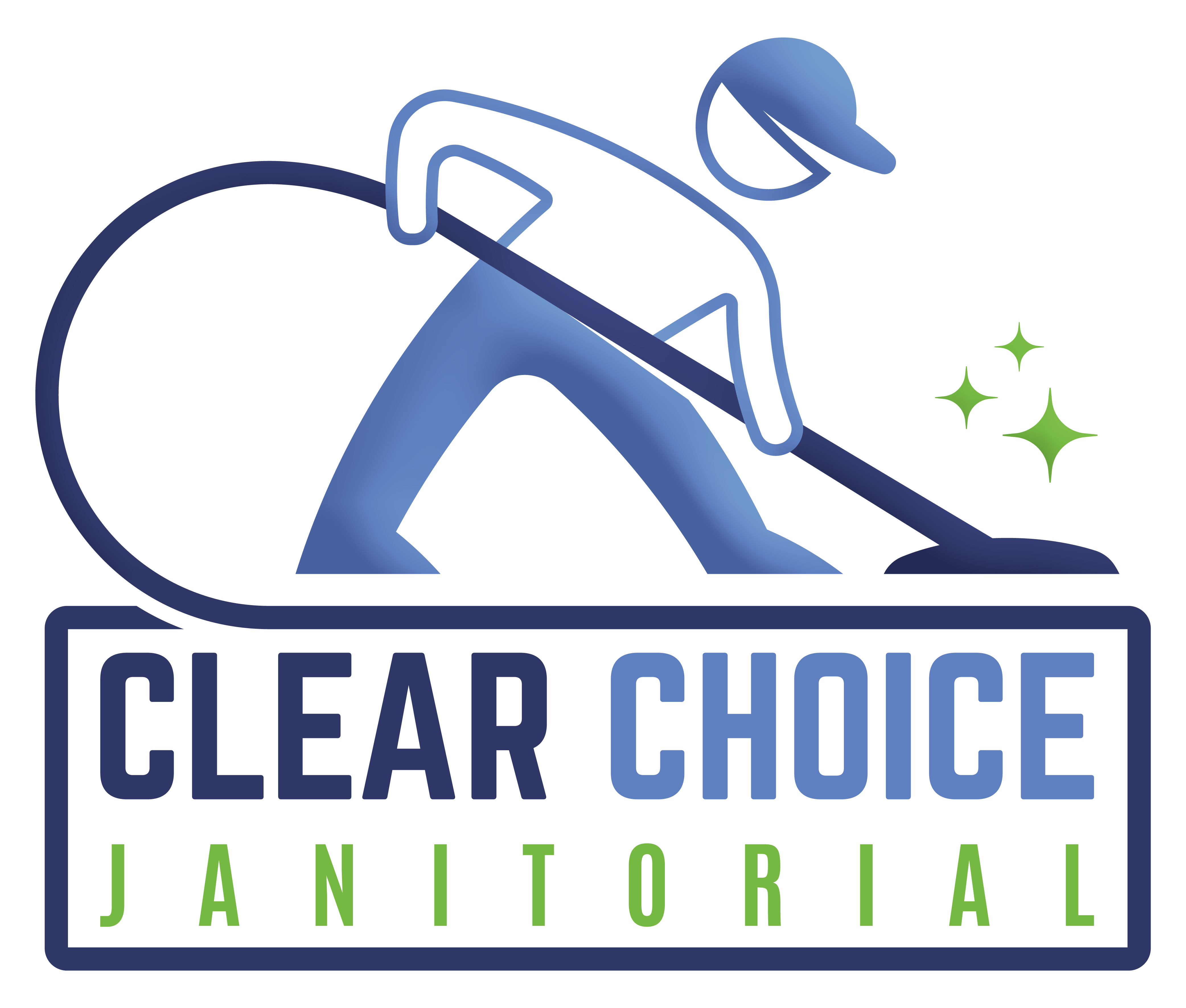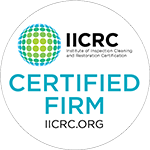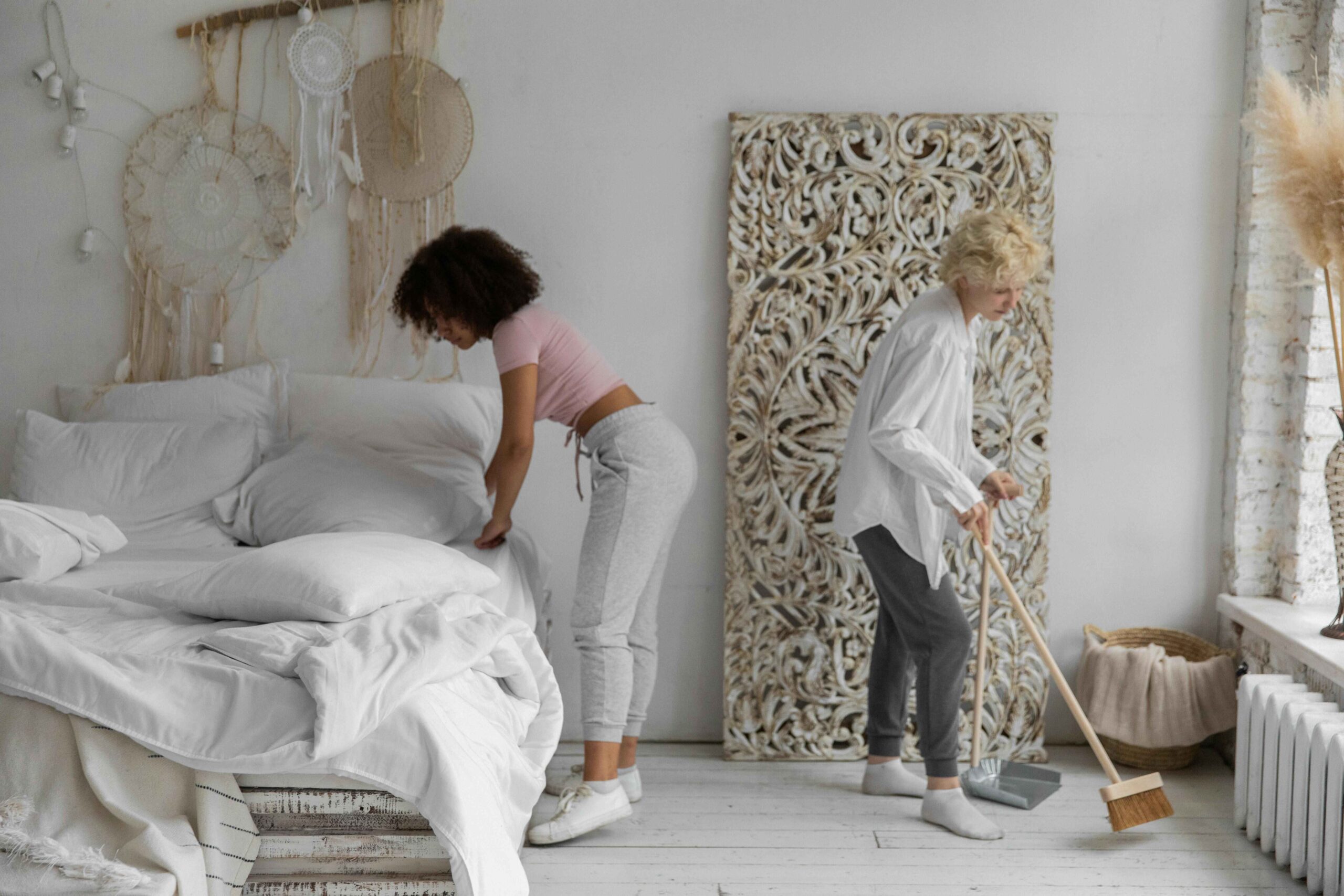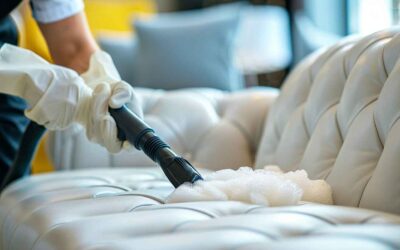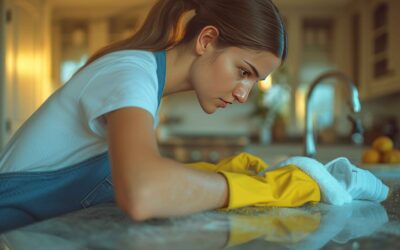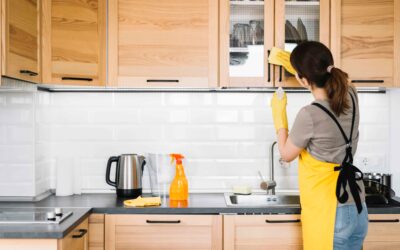Common cleaning mistakes include overusing harsh chemicals, which can damage surfaces and harm your health. Neglecting high-touch surfaces allows bacteria and viruses to thrive. House cleaning specialists emphasize the importance of regular deep cleaning to address hidden dirt. Proper ventilation is vital to reduce exposure to harmful fumes. Learn how to avoid these mistakes to keep your home clean and healthy.
Overusing Harsh Chemicals
Using excessive amounts of harsh chemicals during cleaning routines can adversely affect surfaces and individuals’ health. While more chemicals equate to better cleaning, overuse can damage various surfaces. For example, strong chemicals like bleach can strip finishes off countertops and floors, leaving them vulnerable to scratches and dullness.
Moreover, the consequences of overusing harsh chemicals are significant. Breathing in fumes from cleaning products can irritate the respiratory system and exacerbate asthma. Direct skin contact with these chemicals can lead to rashes, burns, or other skin irritations. To avoid these issues, it is essential to read product labels carefully, follow recommended dilution ratios, and consider using more natural cleaning alternatives like vinegar, baking soda, or essential oils.
Doing so can effectively clean your home while safeguarding both surfaces and your well-being.
Ignoring High-Touch Surfaces
High-touch surfaces, often overlooked in cleaning routines, play an essential role in preventing the spread of germs and maintaining a hygienic environment. These surfaces, such as doorknobs, light switches, faucets, and remote controls, are frequently touched by multiple people throughout the day, making them hotspots for bacteria and viruses. Ignoring these areas during cleaning can lead to the accumulation of harmful pathogens, increasing the risk of illnesses spreading within the household.
To effectively clean high-touch surfaces, it is essential to use disinfectants proven to kill a broad spectrum of germs. Regularly wiping down these surfaces with disinfectant wipes or sprays can significantly reduce the number of pathogens present, helping to create a healthier living environment for you and your family. Moreover, incorporating these surfaces into your regular cleaning routine can aid in breaking the chain of infection transmission and promote overall well-being. By paying attention to these commonly touched areas, you can significantly impact the cleanliness and safety of your home.
Skipping Regular Deep Cleaning
Regular maintenance of your living space is essential, and one area that should be noticed is the practice of regular deep cleaning. While daily tidying and surface cleaning are vital for keeping your home looking neat, deep cleaning goes beyond the surface to address hidden dirt, dust, and allergens that can accumulate over time. Skipping regular deep cleaning can lead to a buildup of grime, bacteria, and mold in hard-to-reach places, compromising your living environment’s cleanliness and overall health.
Deep cleaning involves cleaning under furniture, washing windows, scrubbing grout, dusting ceiling fans, and sanitizing forgotten areas like light switches and doorknobs. These tasks are typically done less frequently than regular cleaning but are essential for maintaining an immaculate and healthy home. Neglecting deep cleaning can result in unpleasant odors, pest infestations, and even respiratory issues for you and your family. Incorporating deep cleaning into your regular cleaning routine ensures a more thorough and hygienic living space for everyone to enjoy.
Not Properly Ventilating While Cleaning
Proper ventilation is essential in maintaining a healthy and safe environment while cleaning your living space. When cleaning, various products like disinfectants, bleach, or strong cleaners release fumes that can be harmful if inhaled in large quantities. Without adequate ventilation, these fumes can accumulate indoors and pose health risks. To guarantee proper ventilation while cleaning, open windows and doors to allow fresh air to circulate. Moreover, using exhaust fans in bathrooms and kitchens can help remove airborne particles and chemicals. It’s important to avoid using multiple cleaning products with strong odors simultaneously, as this can overwhelm the indoor air quality. If natural ventilation is insufficient, consider using a portable air purifier to help filter pollutants.
By prioritizing proper ventilation during cleaning tasks, you can create a safer and healthier environment for you and your family.
Other Cleaning Tips:
